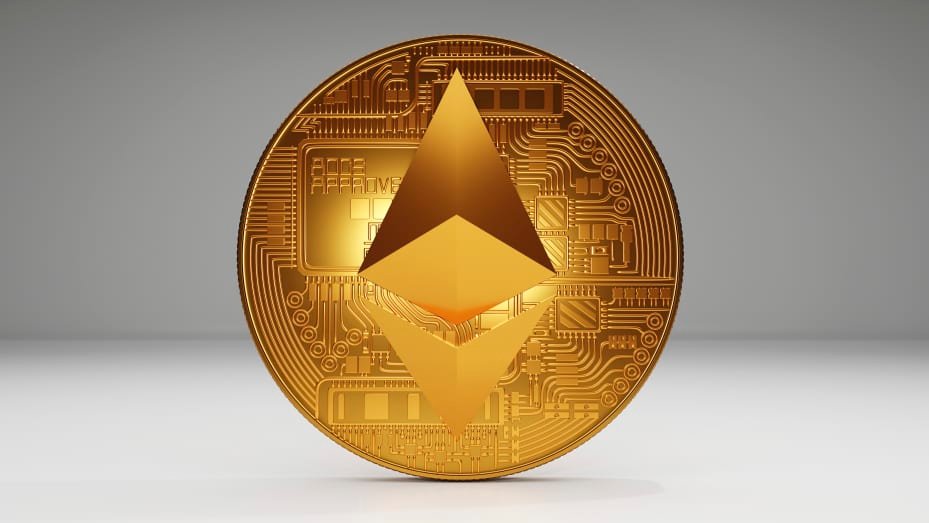
Ethereum is the community-driven technology behind the Ether (ETH) cryptocurrency and thousands of decentralized applications.
Start off
Ethereum.org is your portal to the world of Ethereum. The technology is new and constantly evolving; It is useful to have a guide. This is what we recommend you do if you want to dive into the water.
What is Ethereum?
Ethereum is the technology that hosts digital money, global payments, and applications. The community has created a booming digital economy, bold new ways for creators to make money online, and more.
Benefits of building on Ethereum:
Ethereum offers an extremely flexible platform for building decentralized applications using its proprietary Solidity programming language and the Ethereum Virtual Machine. Decentralized application developers deploying smart contracts on Ethereum benefit from a rich ecosystem of developer tools and best practices that have emerged as the protocol matures. Interacting with the Ethereum blockchain and the smart contracts implemented there. Ethereum’s large user base is encouraging developers to deploy their applications on the network, further cementing Ethereum as the primary home for decentralized applications such as DeFi and NFTs. In the future, the backward-compatible Ethereum 2.0 protocol, which is currently in development, will provide a more scalable network for building decentralized applications that require higher transaction throughput.

FAQ:
What is an Ethereum smart contract?
A smart contract is application code that resides at a specific address on the blockchain, known as the contract address. Applications can call smart contract functions, change its state, and initiate transactions. Smart contracts are written in programming languages such as Solidity and Vyper, compiled into bytecode by the Ethereum virtual machine, and executed on the blockchain.
What is an Ethereum account?
There are two types of accounts in Ethereum: External Accounts (EOA) and Contract Accounts. EOA is controlled by a private key, has no code associated with it, and can send transactions. The contract account has an associated code that runs when a transaction is received from the EOA. A contract account cannot initiate transactions on its own.
What is an Ethereum transaction?
A transaction in Ethereum is a signed data message that is sent from one Ethereum account to another. It contains information about the sender and recipient of the transaction, the ability to specify the amount of ether to be transferred, the bytecode of the smart contract, and the transaction fee that the sender is willing to pay to the network validators in order for the transaction to be completed. included in the blockchain known as gas price and limit.
How can I pay for transactions on Ethereum?
You can pay for transactions using Ether. Ether has two purposes. First, it prevents attackers from overloading the network with unnecessary transactions. Secondly, it incentivizes users to contribute resources and verify transactions (mining). Each transaction in Ethereum is a series of operations that occur on the network (for example, transferring ether from one account to another or a complex operation changing the state of a smart contract). Each of these transactions has a cost, which is measured in gas, and a fee is measured in Ethereum.
Where can I get Ether and where can I store it?
You can buy Ether with fiat currency on a cryptocurrency exchange such as Coinbase or Kraken. Ether is linked to your Ethereum account. To access your account and Ether, you need your account address and passphrase or private key.
How does Ethereum work for applications?
When a transaction triggers a smart contract, all nodes in the network execute each instruction. All nodes in the network use EVM as part of the block verification protocol. When a block is validated, each node executes the transactions listed in the block being validated and executes the code triggered by the transactions in the EVM. All nodes in the network perform the same calculations to synchronize their ledgers. Each transaction must include a gas limit and the fee the sender is willing to pay for the transaction. Miners have the option to enable a transaction and charge a fee or not. If the total amount of gas required to process a transaction is less than or equal to the gas limit, the transaction is processed. If the gas spent reaches the gas limit before the transaction is completed, the transaction will not be completed and the commission will still be lost. All gas not used during the transaction is returned to the sender in the form of ether. This means that it is safe to send transactions with a gas limit higher than the calculated one.
What does it mean to sign a transaction?
When signing a transaction, a transaction signature is created using the private key of the transaction sender’s account. Transactions must be signed before being sent to the network.
What is a hard fork in Ethereum?
A hard fork is a change to the core Ethereum protocol that creates new rules to improve the protocol that are incompatible with previous versions. All Ethereum clients must be updated;